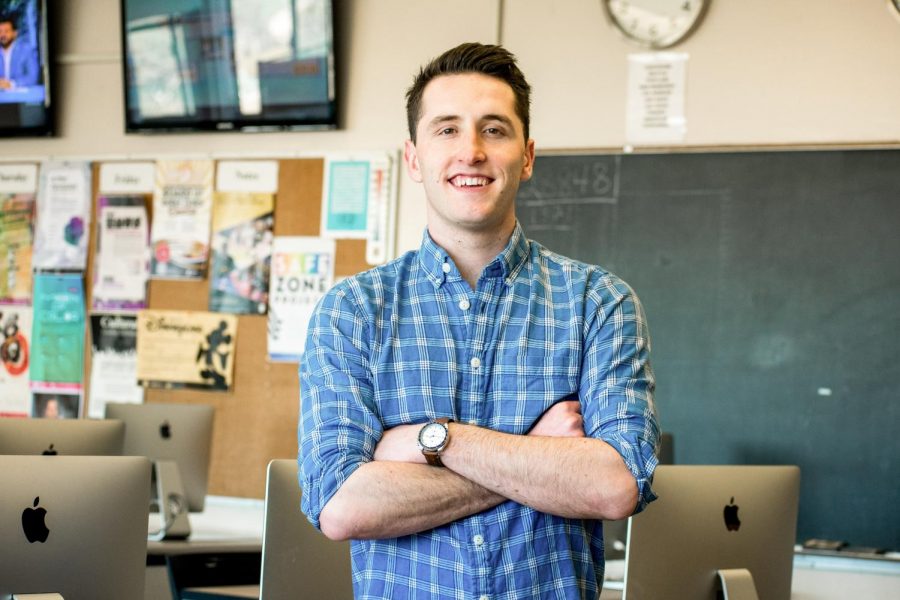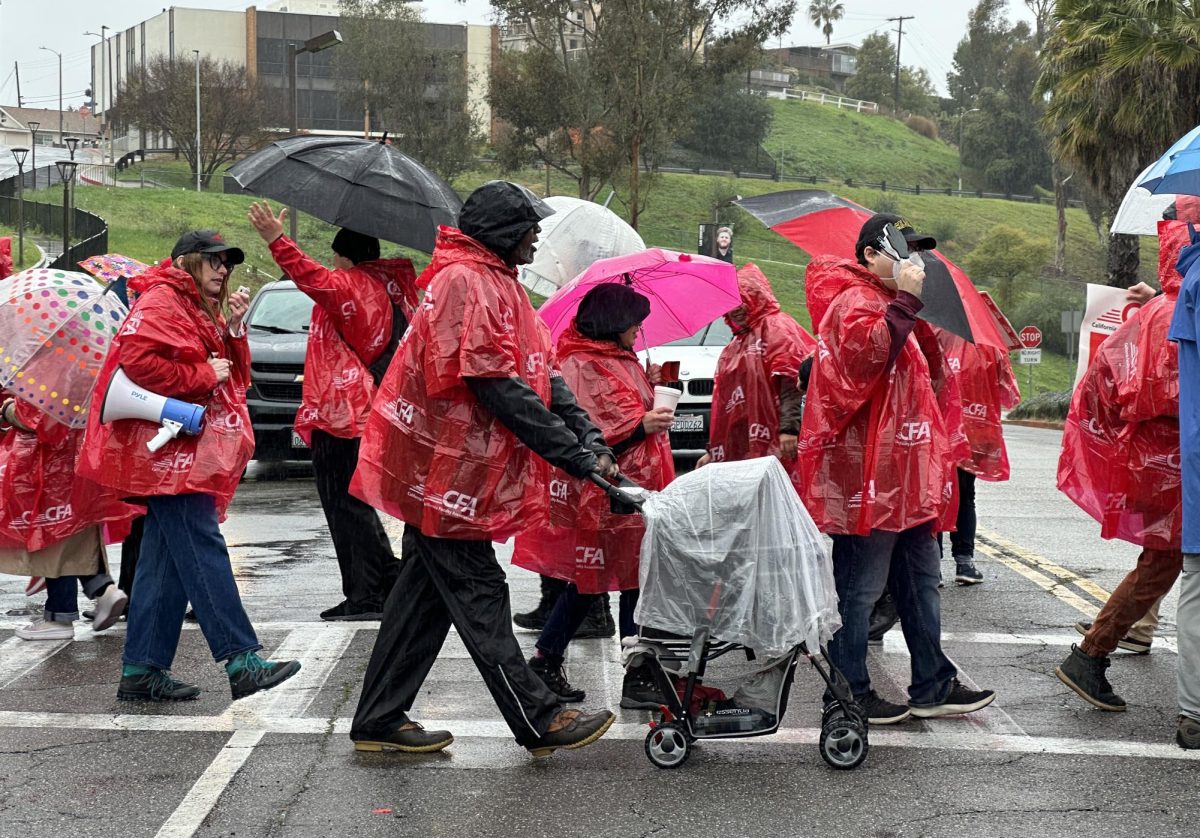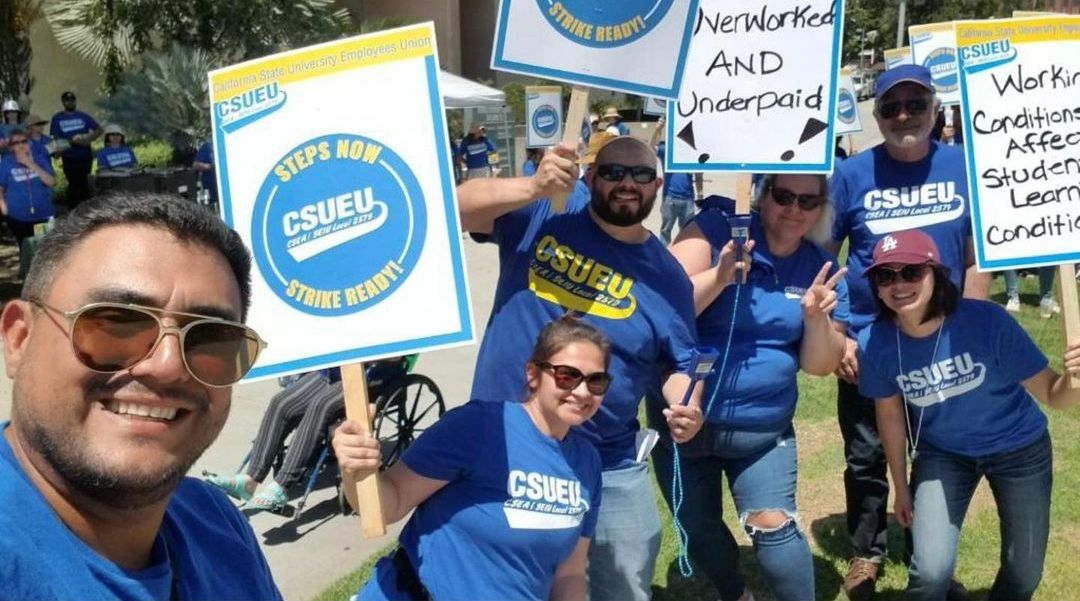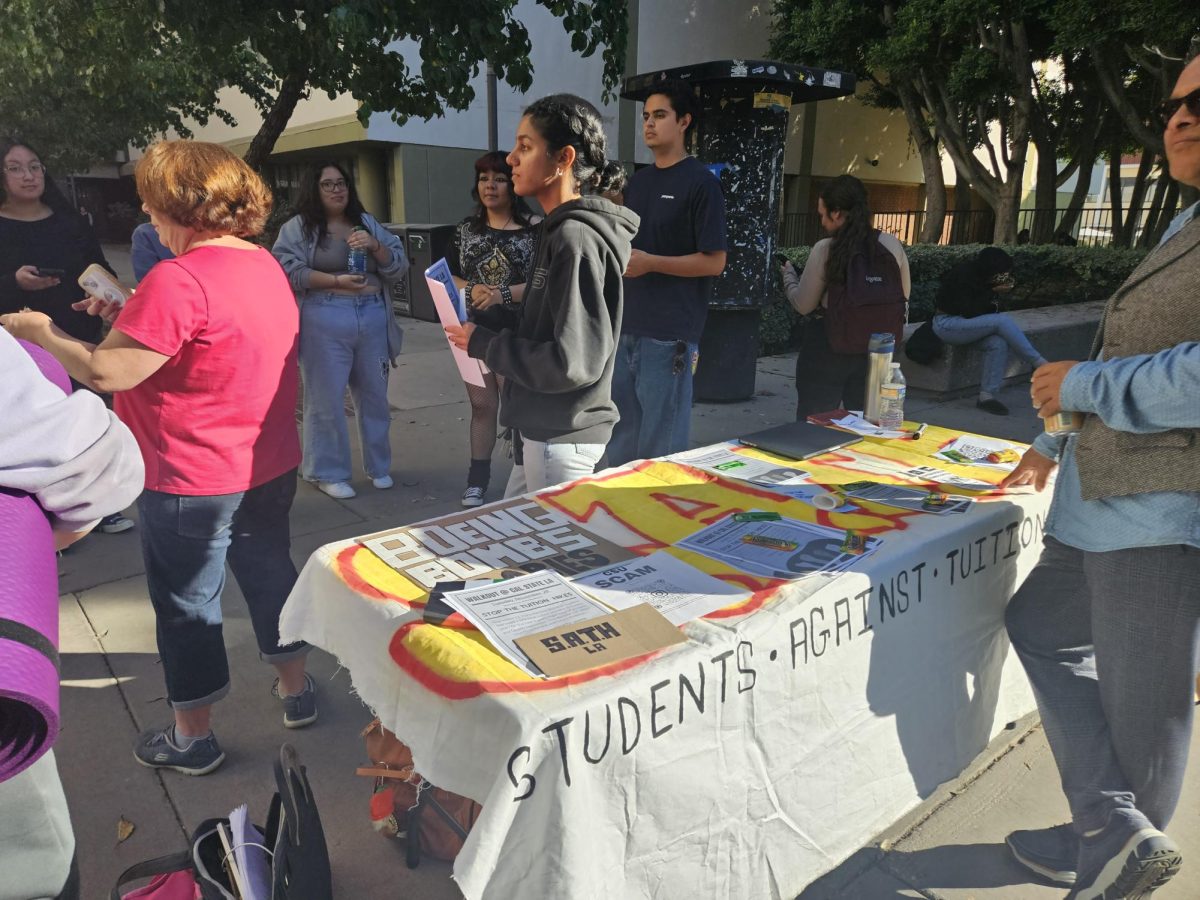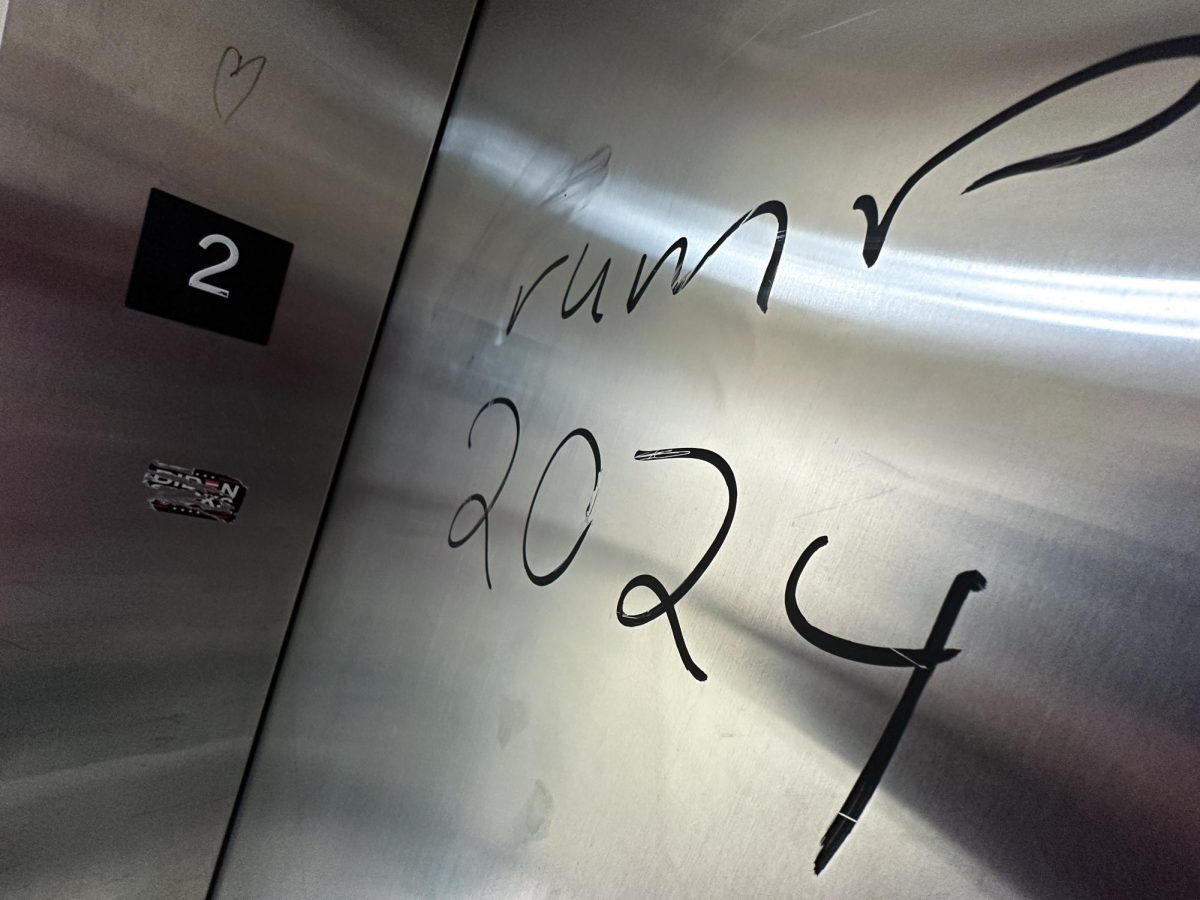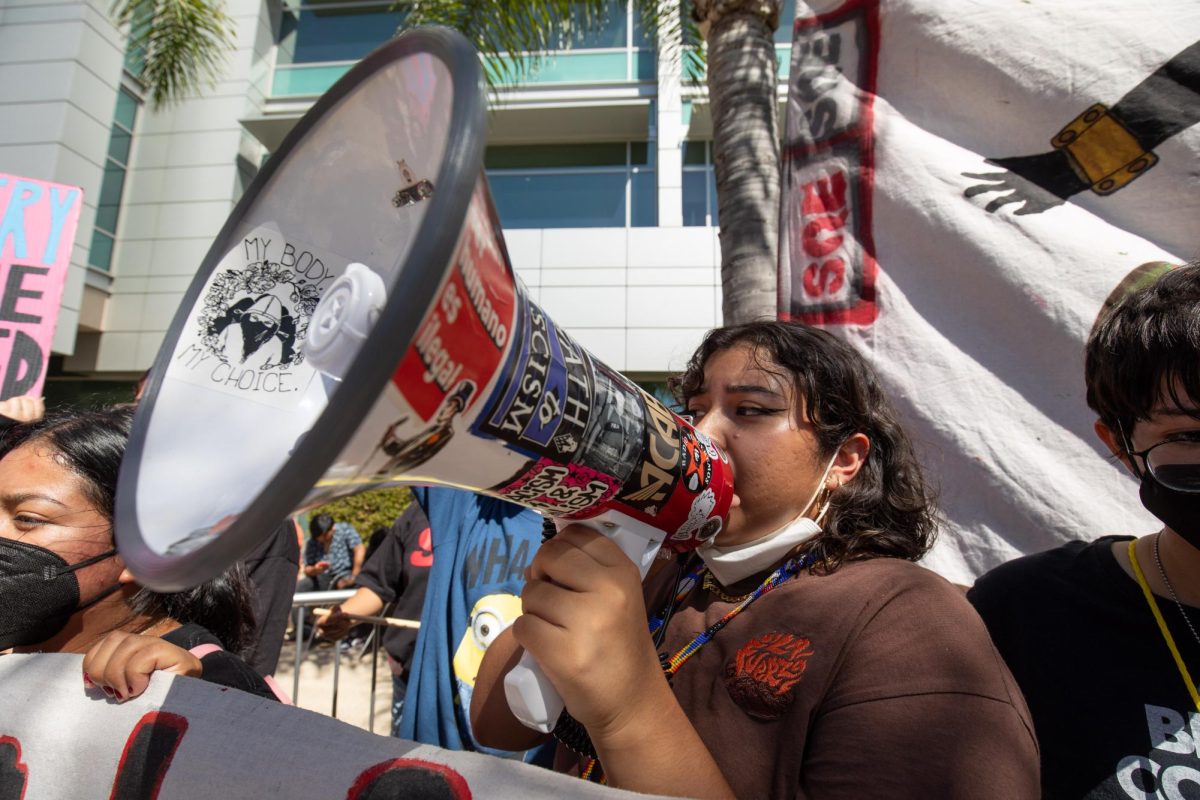Each year, ASI presidential candidates are chosen from a shortlist that seems to have been carefully curated from within the organization. From there, students are presented with Q&A sessions, meet and greets, and invitations to debates between the candidates.
Yet, when it comes time to vote, the turnout is underwhelming and does not accurately reflect the overall consensus of the university community. How, then, can ASI do a better job of engaging students and getting them to care about their student government. As of now, and looking back at recent presidential elections, many students do not recognize the names of their presidents, or have any idea what the role of ASI is on campus.
Take the results of last spring’s General Election results into consideration. Between the two days that were set aside for voting, just 1,175 votes were submitted electronically via the GET system and through the mobile app. Even with their adaption of the mobile app to try and bring convenience to students in order to make them vote, ASI continued to struggle with an abysmal voter turnout. According to their Fall 2018 Fact Sheet, the overall headcount of enrolled students is 27,685. That is just 4.2% of all students at the university that voted. Even with the lure of In-n-out and other rewards to get students to come out, it clearly isn’t working. With this alarming fact in mind, one must ask themselves, is it really an issue of students not knowing, or do they truly believe that their vote doesn’t count and is a waste?
Voter turnout is a cultural issue that indicates a larger trend. Individuals do not have faith in their electoral systems, and they do not believe in the power of their vote. This reality can be seen throughout the country. During the 2016 presidential election, Americans still struggled to turn out overall. However, turn out rates increased exponentially among millennials and indecisive, independent voters who previously did not participate in the election process. In the face of a lose-lose election, many individuals were fed up with the status quo and were finally speaking up. Perhaps this is what is necessary to make students at the university vote.
Impaction, increased housing costs, parking issues and a struggling student life current plague students, faculty and staff at the university. Students are beginning to protest, to stand up and face the administration and the leaders that make decisions that reassure are with the students’ best interest in mind. Yet, behind their backs, they continually infringe on the prosperity and the shared notion that education must always remain accessible, affordable and honest.
Perhaps, students must finally draw the line and demand policy change, proper representation and a tangible means of creating the university that serves them, and not the other way around.
Sincerely,
Kyle M. Frizol

